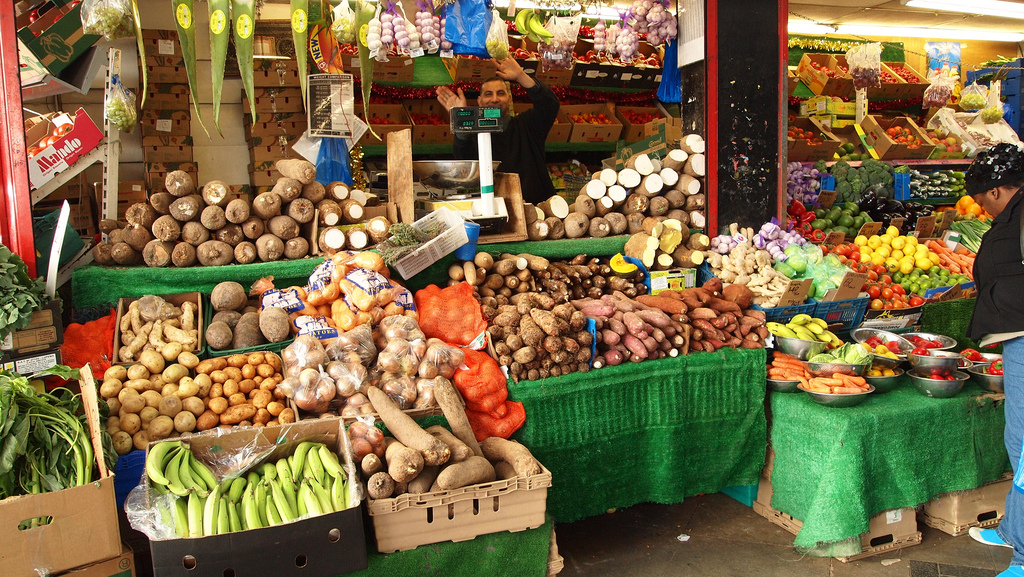Hardship: Nigerians Now Borrow, Skip Meals For Days, NBS’ New Report Reveals
Many Nigerians now borrow and most times skip meals to survive due to hardship, a new report by the National Bureau of Statistics (NBS) has revealed.
According to the NBS, the high cost of living coupled with food scarcity, insecurity has forced Nigerians to cut down consumption among members of their households.
The NBS in its latest General Household Survey Panel (Wave 5) report conducted in collaboration with the World Bank said 65% of Nigerian families are unable to afford healthy meals due to lack of funds.
It also said that the impact of the increase in food items, food shortages is affecting 71 percent of households which represents more than a third of households in the past year.
This shortages and its effect were most prominent in in June, July, and August, exacerbating the food insecurity crisis, the NBS stated.
It said, “Approximately two out of three households (65.8 percent) reported being unable to eat healthy, nutritious or preferred foods because of lack of money in the last 30 days.
“63.8 percent of households ate only a few kinds of food due to lack of money, 62.4 percent were worried about not having enough food to eat, and 60.5 percent ate less than they thought they should,” the report said.
It added that 12.3 percent reported that at least one person in the household went without eating for a whole day.
Also, about 20.8 percent of households had to borrow food or rely on help from friends or relatives.
Also Read: Bottled up emotions: Nigerian men battle depression amid economic hardship
“In general, households in the southern zones report more incidents related to food security than those in northern zones. For example, in the southern zones, the proportion of households reporting that they had to skip a meal ranged from 50.1 percent in South West to 62.4 percent in South East, while in the northern zones this share varied from 34.0 percent in North Central to 48.3 percent in North East,” the report findings showed.













